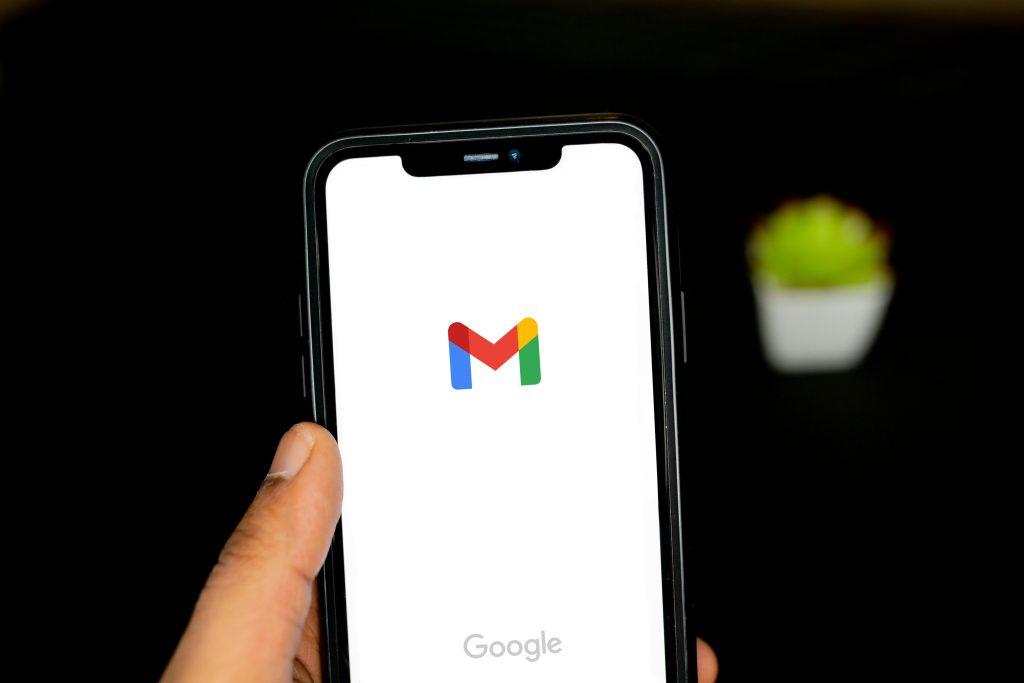Artificial Intelligence (AI) has rapidly emerged as a key player in the digital marketing world, revolutionizing how businesses engage with their customers and streamline their operations. The capabilities of AI extend far beyond simple automation—it’s enabling a level of personalization, efficiency, and decision-making that was previously unimaginable. As AI continues to evolve, its role in shaping the future of digital marketing grows even more pronounced, helping businesses drive conversions, improve customer satisfaction, and scale effectively. In this blog, we’ll explore the various ways AI is transforming digital marketing and why it’s critical for businesses to harness its power.
1. Automation of Repetitive Tasks
One of the most significant benefits AI brings to digital marketing is its ability to automate time-consuming, repetitive tasks. Activities such as data entry, responding to customer queries, managing email campaigns, and scheduling social media posts can now be done with minimal human intervention. This allows marketers to focus more on developing strategies, optimizing campaigns, and enhancing creativity rather than being bogged down by mundane tasks.
For example, AI-driven tools like chatbots and email autoresponders can automatically engage with customers, gather relevant information, and follow up on leads without any need for manual input. Additionally, platforms like Hootsuite and Buffer use AI to automate social media scheduling, ensuring that content is posted at the best times for maximum engagement. This automation not only improves efficiency but also ensures that brands stay active and responsive in real-time.
2. Personalization and Customer Engagement
Personalization is no longer just a luxury; it’s a necessity in modern digital marketing. AI is taking personalization to new heights by analyzing user behavior, preferences, and interactions to deliver highly tailored content and recommendations. By leveraging machine learning algorithms, AI can predict what content, products, or services a particular user may be interested in, ensuring that marketing messages are relevant and resonate with the target audience.
For instance, platforms like Netflix and Amazon use AI-powered recommendation engines that suggest content or products based on the user’s past behavior and preferences. This level of personalization not only enhances the user experience but also drives engagement and loyalty by making the customer feel valued.
Moreover, AI-powered email marketing tools like Mailchimp use behavior-based triggers to send personalized emails at the right time. Whether it’s reminding a customer of an abandoned cart or offering them product recommendations based on previous purchases, AI ensures that the communication is relevant and timely, which ultimately boosts conversions.
3. AI-Powered Chatbots for Instant Customer Service
Customer service is a critical component of digital marketing, and AI-powered chatbots are revolutionizing the way businesses interact with their customers. Unlike traditional customer service, which may have limited hours or long response times, AI chatbots are available 24/7, offering instant responses to user inquiries. This not only improves customer satisfaction but also guides users through the sales funnel, ensuring that they receive the information they need to make a purchasing decision.
Chatbots can handle a wide range of tasks, from answering simple FAQs to providing detailed product recommendations. They can also be integrated with CRM systems to provide personalized responses based on customer data. For example, if a customer asks about the status of an order, the chatbot can instantly pull up relevant information and provide an accurate response. This instant access to information keeps customers satisfied and reduces the load on human customer service teams.
4. Optimized Ad Placements
Ad placements are another area where AI is making a significant impact. By analyzing vast datasets, AI can optimize ad placements to ensure that ads reach the right audience at the right time. AI tools use behavioral data, such as browsing history, search patterns, and demographic information, to target ads to users who are most likely to engage with them. This level of precision was difficult to achieve with traditional marketing methods.
Google’s AI-driven platform, Google Ads, is a prime example of how AI is used to optimize ad targeting. The platform can predict the likelihood of a user clicking on an ad and adjust bids in real-time to maximize conversions. Similarly, platforms like Facebook and Instagram use AI to target ads based on user interests, behavior, and engagement patterns. By ensuring that ads are delivered to the most relevant audience, businesses can improve their return on ad spend (ROAS) and reduce wasted ad spend.
5. AI for Content Creation
While AI can’t replace human creativity, it can certainly assist in content creation. AI-powered tools like Copy.ai and Jasper (formerly Jarvis) are helping marketers generate content faster by providing suggestions and drafting content based on input. From generating blog post ideas to writing product descriptions, AI is proving to be a valuable tool for content marketers.
Furthermore, AI tools can help optimize content for SEO by suggesting relevant keywords, meta descriptions, and even providing insights into what type of content is performing best in search engine rankings. This not only saves time but also ensures that content is optimized for both search engines and users.
6. Predictive Analytics and Customer Insights
AI excels at analyzing vast amounts of data and identifying patterns, which makes it an excellent tool for predictive analytics. By analyzing customer data, AI can predict future behaviors, such as which products a customer is likely to purchase or when they are most likely to engage with a brand. These insights allow marketers to create more targeted campaigns, improve customer retention, and even anticipate market trends.
Predictive analytics can also be used to optimize pricing strategies, ensuring that businesses offer competitive prices while maintaining healthy profit margins. For example, AI-driven tools can analyze historical sales data, competitor pricing, and demand fluctuations to suggest optimal pricing for products or services.
7. Improved Decision Making
One of the most powerful ways AI is transforming digital marketing is through improved decision-making. By providing marketers with real-time data, insights, and recommendations, AI empowers businesses to make informed decisions quickly. Whether it’s adjusting a marketing strategy based on performance metrics or optimizing an ad campaign in real-time, AI ensures that businesses are always making data-driven decisions.
For example, AI-powered tools like Google Analytics 4 offer real-time insights into user behavior, allowing marketers to adjust campaigns on the fly. Similarly, AI-driven A/B testing platforms can automatically test different variations of content or ads and determine which one performs best, helping businesses optimize their marketing efforts for maximum impact.
Conclusion
AI is no longer a futuristic concept; it’s a critical tool in the modern digital marketing landscape. From automating repetitive tasks to providing personalized experiences, AI is enhancing the efficiency, effectiveness, and creativity of digital marketing efforts. By leveraging AI, businesses can optimize their operations, engage customers more effectively, and drive conversions in ways that were previously unimaginable. As AI technology continues to advance, its role in digital marketing will only grow, making it essential for businesses to stay ahead of the curve and adopt AI-driven solutions in their marketing strategies.




